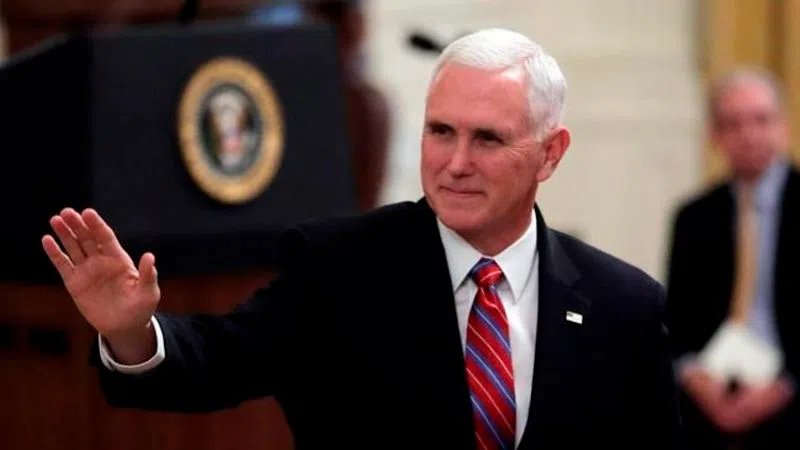
Pence works to reassure Kurdish allies in surprise Iraq trip
IRBIL, Iraq — Vice-President Mike Pence worked to reassure the United States’ Kurdish allies in an unannounced trip to Iraq on Saturday, the highest-level American trip since President Donald Trump ordered a pullback of U.S. forces in Syria two months ago.
Flying in a C-17 military cargo aircraft, Pence landed in Irbil, capital of Iraq’s semiautonomous Kurdish region, to meet with Iraqi Kurdistan President Nechirvan Barzani.
The visit was meant to hearten the United States’ regional partners in the fight against the Islamic State group after the U.S. pulled troops from northern Syria, leaving America’s Kurdish allies there to face a bloody cross-border Turkish assault last month.
Asked by reporters if the United States was facing a sense of betrayal from Iraqi and Syrian Kurdish allies over Trump’s actions in Syria, Pence said both groups, including Syrian Kurdish forces “who fought alongside us,” had no doubts about the U.S. commitment to them. “It’s unchanging,” Pence said.


